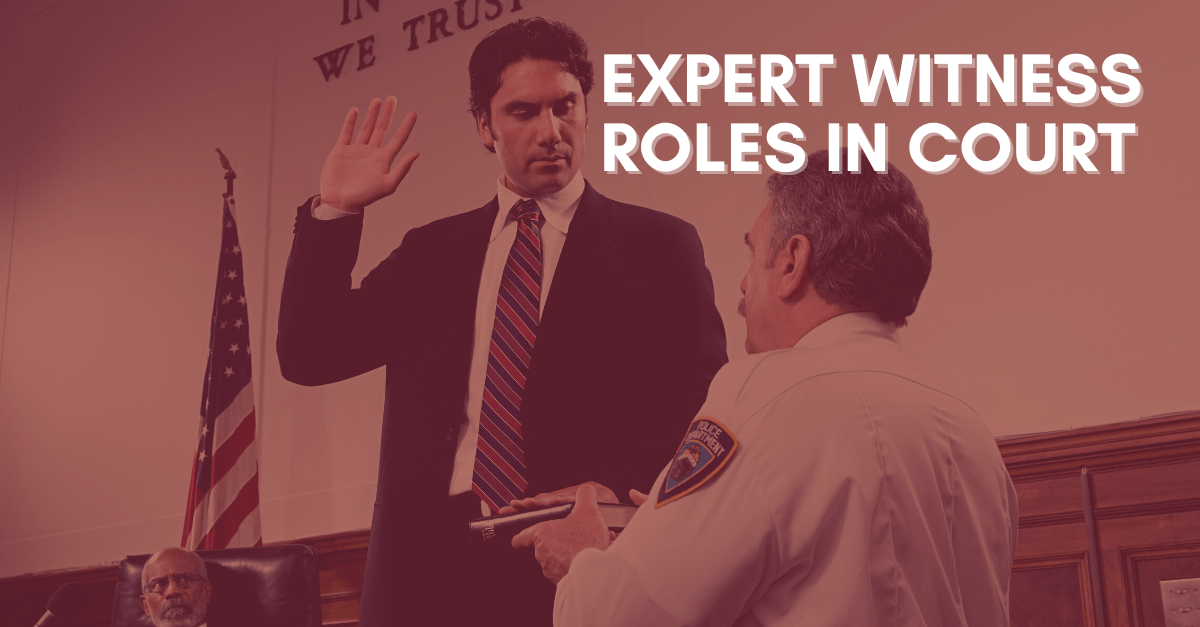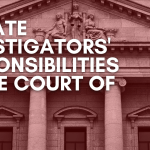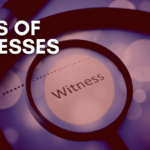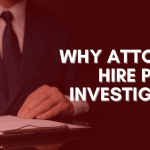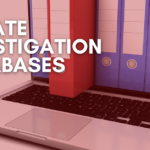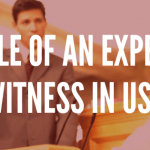What is an expert witness? An expert witness is a person who judges accept as an expert, deeming their opinion an expert suggestion. They have acquired this expertise usually via their education, training, skills, certification, and experience in their profession. Therefore, a judge may consider their opinion on certain evidence or facts as an expert opinion. Essentially this means that they can help significantly with the interpretation of certain information.
Taking that into consideration, what is their role in court? An important thing to know about expert witnesses, is that they are not bound to the hiring party. Their responsibilities lie with the interpretation of fact or evidence. This, of course, means that the outcome of their interpretation is not concerned with the outcome of the case. Since their priority is to reveal important details about the presented evidence.
Them not binding themselves to the party that hired them however, does not mean that bringing an expert witness on board cannot benefit your case. An expert witness can contribute significantly to the success of your case, provided the evidence is on your side.
Why are expert witnesses brought onto a case?
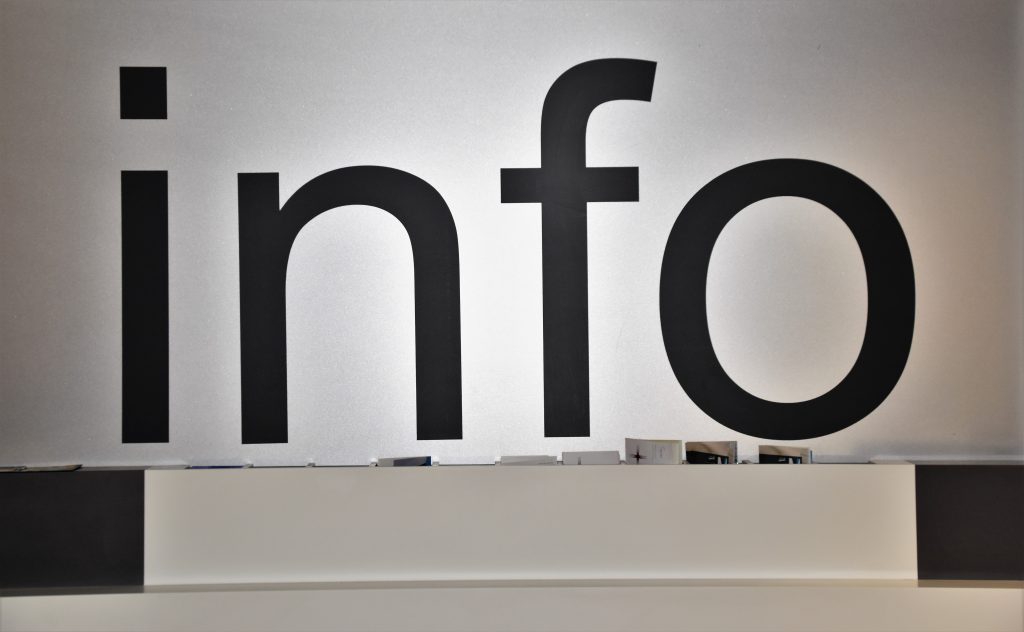
As explained above, expert witness’s work does not include swaying the case one way or another. In other words, their aim is not to influence the judge or the jury. Usually, they come in to shine light on certain material. For example, complex scientific information or concepts. They come in to explain these things, and make sure they are understood by the judge, jury and other related parties. To help inform their decision, so that they understand all parameters of the case, but not to sway their opinions.
Expert witnesses can come from a variety of areas and backgrounds, as varied as the cases they might get involved in. However, their responsibilities remain the same. They contribute to the case by making sure they make a thorough evaluation of the process and data present in a given case. They are within their rights to postpone assignments and cases due to a lack of information too, but it must be done prior to the hearing.
A lack of informtion can, unfortunately, lead to a biased opinion. Therefore, it is of the utmost importance that an expert witness confirm their report contains a whole truth. As well as, an accurate truth.
What effect can new information have on an expert’s opinion?

In any case, an expert witness’s qualifications must be mentioned in the report, doubly so when information is insufficient. They must also sign their report.
Now, at times during court proceedings, new evidence and information can be found. When this happens, or if an expert witness changes their mind, they must bring these new developments to both parties attention. Legal representatives are usually in charge of communicating said developments. Communicating this to the court is usually also appropriate. Any form of bias or partiality can damage an expert witness’s reputation, and affect them professionally.
Although expert witnesses are not permitted to express their opinions on submitted evidence until after they are hired, it is not uncommon to see both sides of a case bring in their own expert. This is often done to help represent conflicting positions on certain forms of evidence or facts. During cases such as these, it is up to the jury to decide which interpretation is fitting for the case.
If you find yourself in need of a licensed private investigator and their particular set of skills, please feel free to call us. Or simply click on this link to get in contact with one of our team members.

